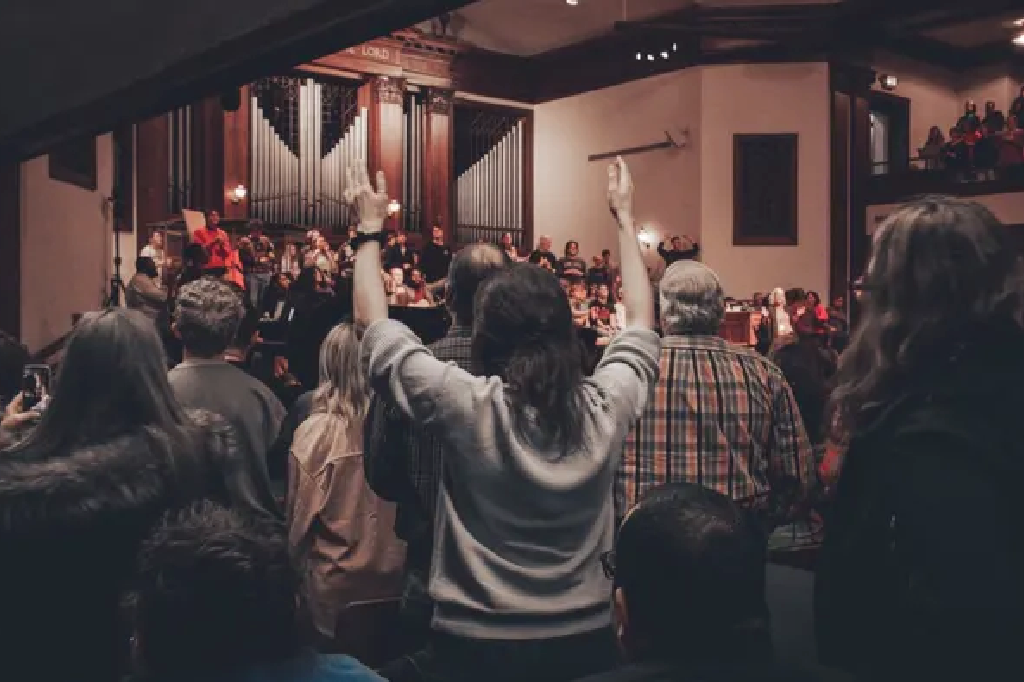Catalysts
Never underestimate how seemingly small incidents, circumstances, or experiences can end up changing your world. All of history is built from small catalysts.
A young Peter the Great found a small British skiff in his family’s palace storage that had been given as a gift long ago. He restored it and learned to sail – the catalyst for his drive to build his nation all the way to the Pacific – making Russia a world power.
John Ambrose Fleming, the great inventor, was going deaf and was compelled “to find some instrument to record radio telegraphic signals which would appeal to the eye and not the ear” – the catalyst for all visual technology.
Asa Whitney, bankrupt, decided to go to China to make a fortune. He certainly made enough money while there to retire, but was amazed at how long the journey to and from the U.S. to China took. This catalyzed a vision to make continental travel easier by building a railroad across the U.S. – and the Transcontinental Railroad was born.
Transformation is usually a journey catalyzed by the seemingly mundane routines and mendacities of our daily lives – but being attuned to sparks of inspiration throughout makes the difference for those of us that use them to allow transformation to begin. Transformed people are the agents of transformation. It is these personal catalysts that spark movements.
Thomas Paine said, “We have it in our power to begin the world over again.” This change may come from finding a broken boat in a shed, facing a physical challenge, or experiencing an encounter in a foreign land. The difference becomes whether or not you are willing to be inspired and use these circumstances to change yourself. Benjamin Franklin was right – “When you’re finished changing, you’re finished.”
I drive the same way to work every day – except for the one day that changed my life. Stopped at a light, I heard that inner voice say “Take a right turn”. I encountered an at risk neighborhood called Avondale. That encounter has guided my thinking and directed my praxis on community transformation that has led to the building of schools, writing a doctoral dissertation, and co-authoring Change Your World. Sometimes when we don’t take small right turns, nothing changes.
Sometimes it’s a gentle nudge, a slight deviation, a new turn that can invade the mundane, routine of life and dramatically reorient how we think, act, and live. The right turn, just a few blocks from the large, successful enterprise that I had spent the majority of my life building, took me down a road I had literally and figuratively never traveled before. It would shake me, move me, and call me to a deeper level of leadership than I ever thought was obtainable or possible. William Barclay put it this way, “A man can be so busy making a living that he forgets to make a life.”
We are all looking to change our world. We often look to large scale schemes, political initiatives, and people of power to make it happen – but history proves it usually starts with a small revelation, a simple catalyst, that moves something within us to start us on a new path. Belief begins to grow as we engage the new. We begin to value it, champion it, and then give our life to it. Asa Whitney characterizes the journey of agents of transformation this way, “Now is the time in which it can be done someone’s whole efforts, energies, and life must be devoted to it.”
Want to know what happened after I took that right turn? Click here for the full story.




1 Comment
Thank you Rob.
You are spot on. Very inspiring and true.